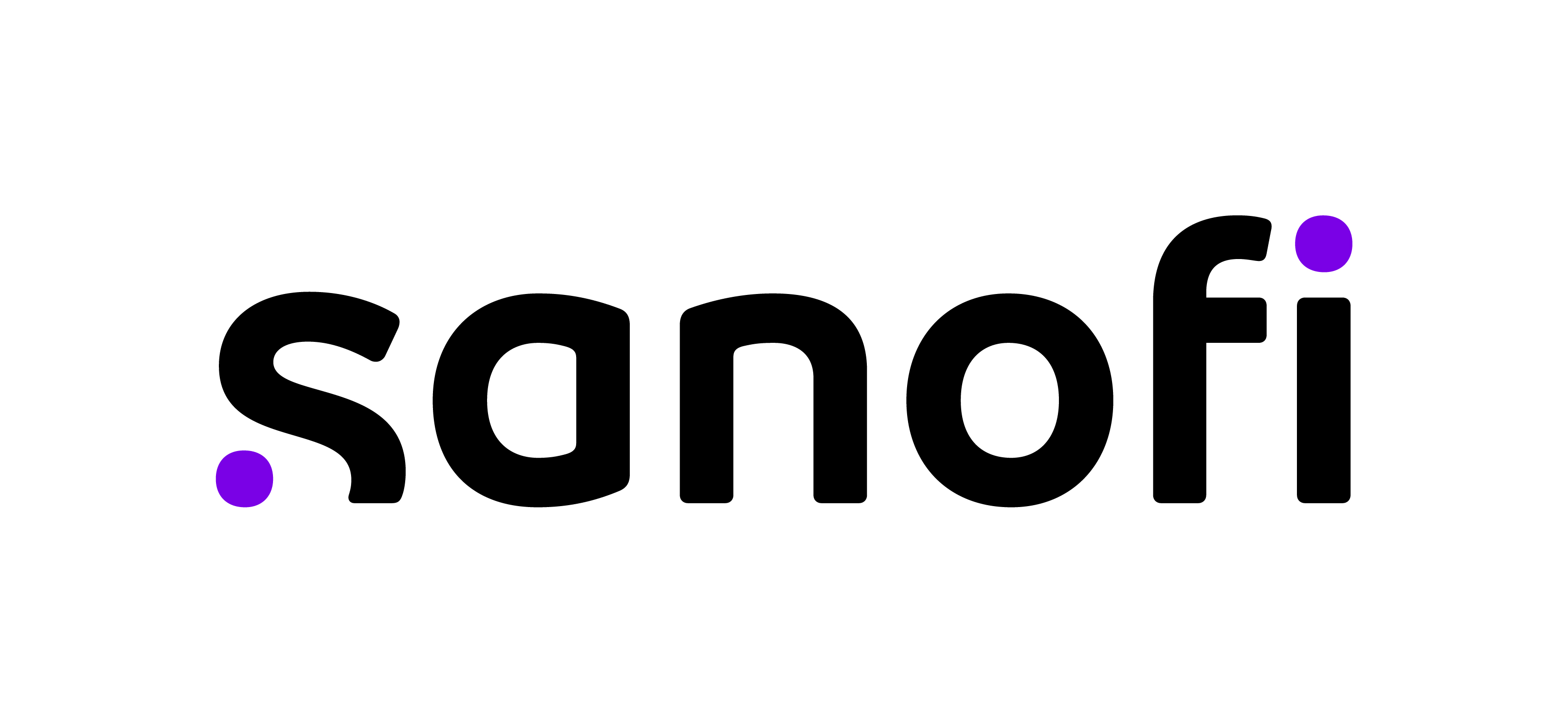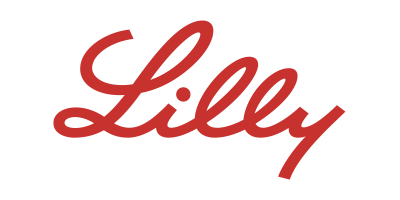Media will be covering the 2023 BIO International Convention
Keep these tips in mind when working with the media ahead of, during, and after the convention. Does your company or speaker have a newsworthy or interesting story to tell? Pitch your story to reports who are attending:
Before Convention
Does your company or speaker have a newsworthy or interesting story to tell? We invite you to pitch your story to reporters who are attending the convention.
- Before making a pitch, ask yourself the following questions:
- Is my news timely?
- Am I sharing something new?
- What will I offer a reporter that they can’t get elsewhere?
- Confirm that an appropriate spokesperson is available to speak on the topic pitched as well as your company’s value and impact. Provide media training if needed.
- Consider using a press release to share your news with reporters. Access BIO templates for Company Presentations, program speakers, partnering, and sponsorships here.
- Post your press release on a wire service for broader distribution. There are numerous wire services available with varying costs and distribution levels. Examples:
Plan a press conference. Do you have a timely, exciting announcement? Make the announcement at the BIO International Convention. To schedule a press conference, click here.
Press Conference Scheduling:
- Monday (6/5) and Wednesday (6/7) 9:00 a.m. to 3:00 p.m. EST
- Tuesday (6/6) 9:00 a.m. to 12:00 p.m. EST
- Thursday (6/8) 9:00 a.m. to 11:00 a.m. EST
*Your company is responsible for contacting the media and inviting them to attend the press conference you schedule.
BIO will supply:
- Podium
- Projector
- Handheld Microphone
- BIO Step and Repeat Backdrop
- 45-minute time slots
- Seating for 30
Scheduled Press Conference Next Steps:
Once you have scheduled a press conference, plan to meet with the staff in the press conference room on the first day of the conference.
In preparation for your press conference, plan to be in the press conference room 30 minutes prior to your scheduled conference start time.
If you would like to provide a hard copy of a press release or report, you are responsible for printing and distributing your release to the media.
At Convention
- Always consider yourself on the record. You never know when you might cross paths with a reporter. If you don’t want something in the media, do not talk about it anywhere in public.
- Ahead of an interview, determine what you want to say and identify examples you want to include to bring your message to life. Make it easy for the reporter to know what is important.
- Practice. Have someone ask you questions so you can get used to an interview format.
- Find a quiet place to meet. All registered reporters have access to BIO’s private and semi-private interview space.
- Limit the time for the conversation so there is a clear end time.
- Hit your message throughout the interview. Weave in examples and stories. Focus on the value and impact of what your company or technology does.
- If you get a tough question, be sure to respond to it, but consider using a bridging statement to get back to your message. Examples of bridging statements:
- “The important thing to know is …”
- “What your readers/viewers/listeners should know is …”
- “The bottom line is …”
- “Let’s look at this from another perspective …”
- “Well, that’s not how we see it. We see it …”
- Remember that your ultimate audience is the reader, viewer, or listener, and the reporter is the way to reach that audience.
- Keep your attention on the reporter and remember your nonverbals. Put away your phone and laptop. Keep good eye contact, act naturally, and remember to smile and breathe.
- Watch the jargon. Biotechnology has a lot of industry jargon. Think about the audience and what they will understand and find valuable. Define complex terms when necessary.
- Even after the formal questions are over, the interview is not. Until you end the conversation and leave the convention center, you should still act as though you are on the record.
- The BIO media team will be on-site and available to help if you have questions.
After Convention
Building reporter relationships is important. If you met with a reporter, follow up with them to see if they need anything else. Ask them what information they would like to know about moving forward and share updates on an ongoing basis.
- If you meet with a reporter, follow up with them, ask for a link to the story and offer to share it on your personal and company social media pages.











